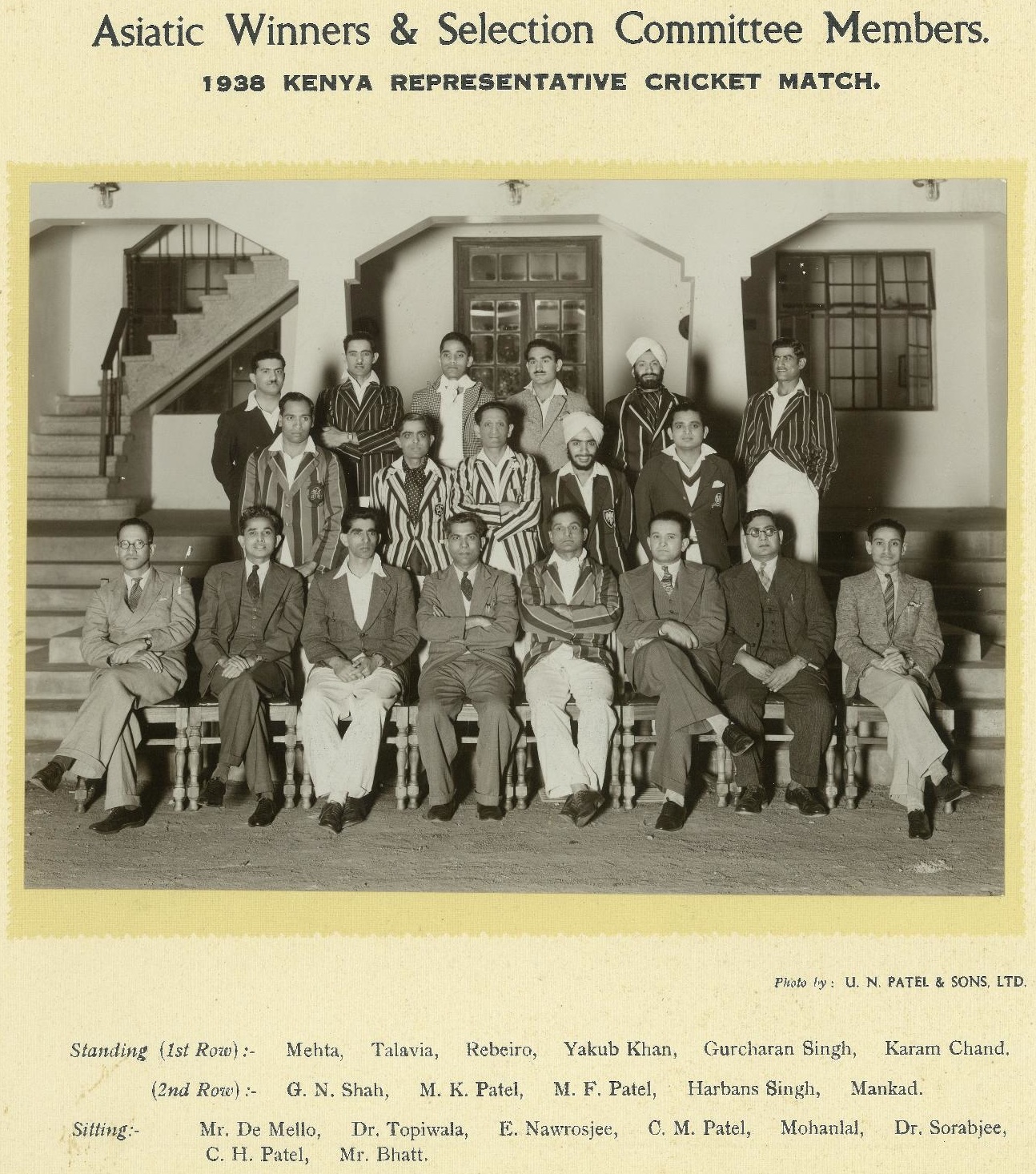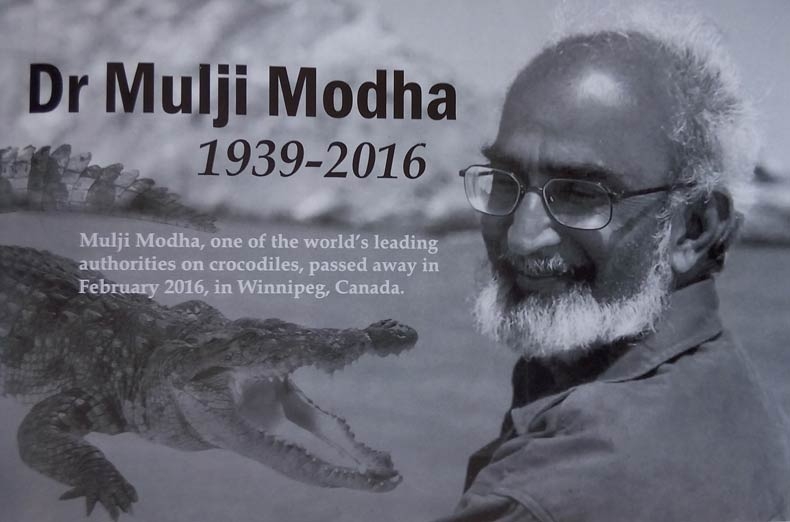
Mulji Modha, one of the world’s leading authorities on crocodiles, passed away in February 2016, in Winnipeg, Canada. He was born in Kakira, Uganda, in 1939. Shortly thereafter, his family returned to India for a year where he would herd cows and buffaloes at the family farm in Rozda, Gujarat. Due to better opportunities in Kenya, his father moved the family back to East Africa to the little coastal village of Ramisi, south of Mombasa.
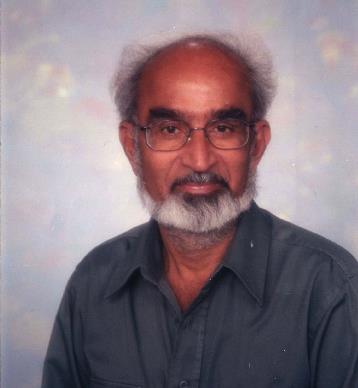 His love for animals and plants began at a very young age. He would roam the sugarcane farms, beaches, jungles, and rivers around Ramisi exploring the environment and the flora and fauna. This is where he learned to respect nature and developed a deep love for it. He would collect little critters in glass jars, and bring them home to study their anatomy and behavior and then gently return them to where he found them. His sister-in-law recounts stories, in which he would empty her pickle jars, and use them to store various types of insects, scorpions, and snakes! He also adopted an orphaned monkey and named her Sheila.
His love for animals and plants began at a very young age. He would roam the sugarcane farms, beaches, jungles, and rivers around Ramisi exploring the environment and the flora and fauna. This is where he learned to respect nature and developed a deep love for it. He would collect little critters in glass jars, and bring them home to study their anatomy and behavior and then gently return them to where he found them. His sister-in-law recounts stories, in which he would empty her pickle jars, and use them to store various types of insects, scorpions, and snakes! He also adopted an orphaned monkey and named her Sheila.
After a carefree early childhood, Mulji left for higher education in Mombasa, and then subsequently to Makerere College in Kampala, Uganda followed by the University of Nairobi. He was an excellent student and could have excelled in any field but because of his great affection for animals, he decided to study wildlife conservation, ecology and zoology. He earned advanced degrees from both the University of London and the University of Nairobi. In the 1960's he spent nearly six months living alone on Central Island, a small volcanic island in the middle of Lake Turkana in Kenya. He studied the abundant Nile Crocodile population that inhabits this region. At that time it was home to the largest concentration of these animals. This led to a fascination for crocodiles that inspired him to devote a significant part of his life to the study and preservation of these intriguing reptiles.
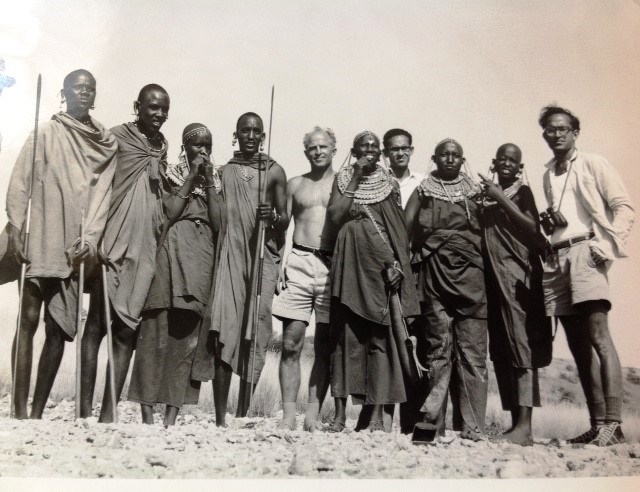
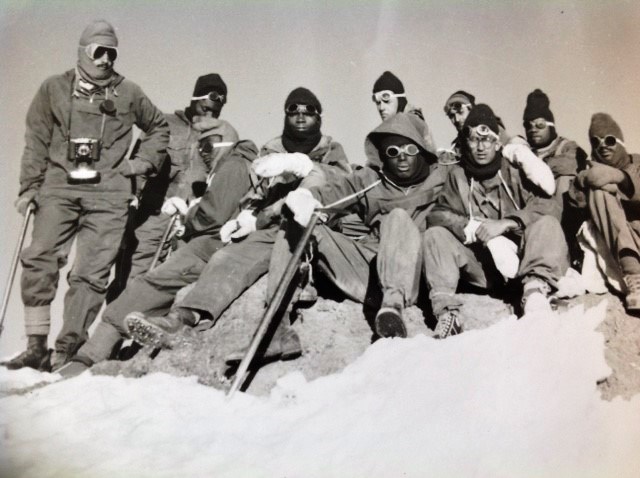
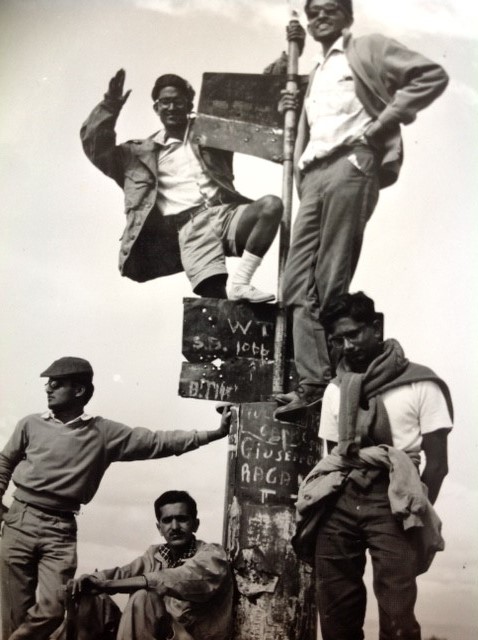
During his stay on Central Island, he endured extreme heat and dry desert conditions, loneliness, and even a violent crocodile attack that claimed a significant portion of his flesh. Unlike other individuals who would have steered clear of this ‘crocodile island’, Mulji returned to the island after his recovery to complete his work. In fact, a series of accidents followed, including a bite from a spitting cobra, an unfortunate anaphylactic reaction from the anti-venom, as well as, losing all his data when his tent burnt down while he was observing the crocodiles. He recounted that this island was not for the weak and did everything in its might to deter outsiders from inhabiting it. The research he conducted with such gumption became the foundation for a scholarly thesis on crocodiles that was well received by the academic community.
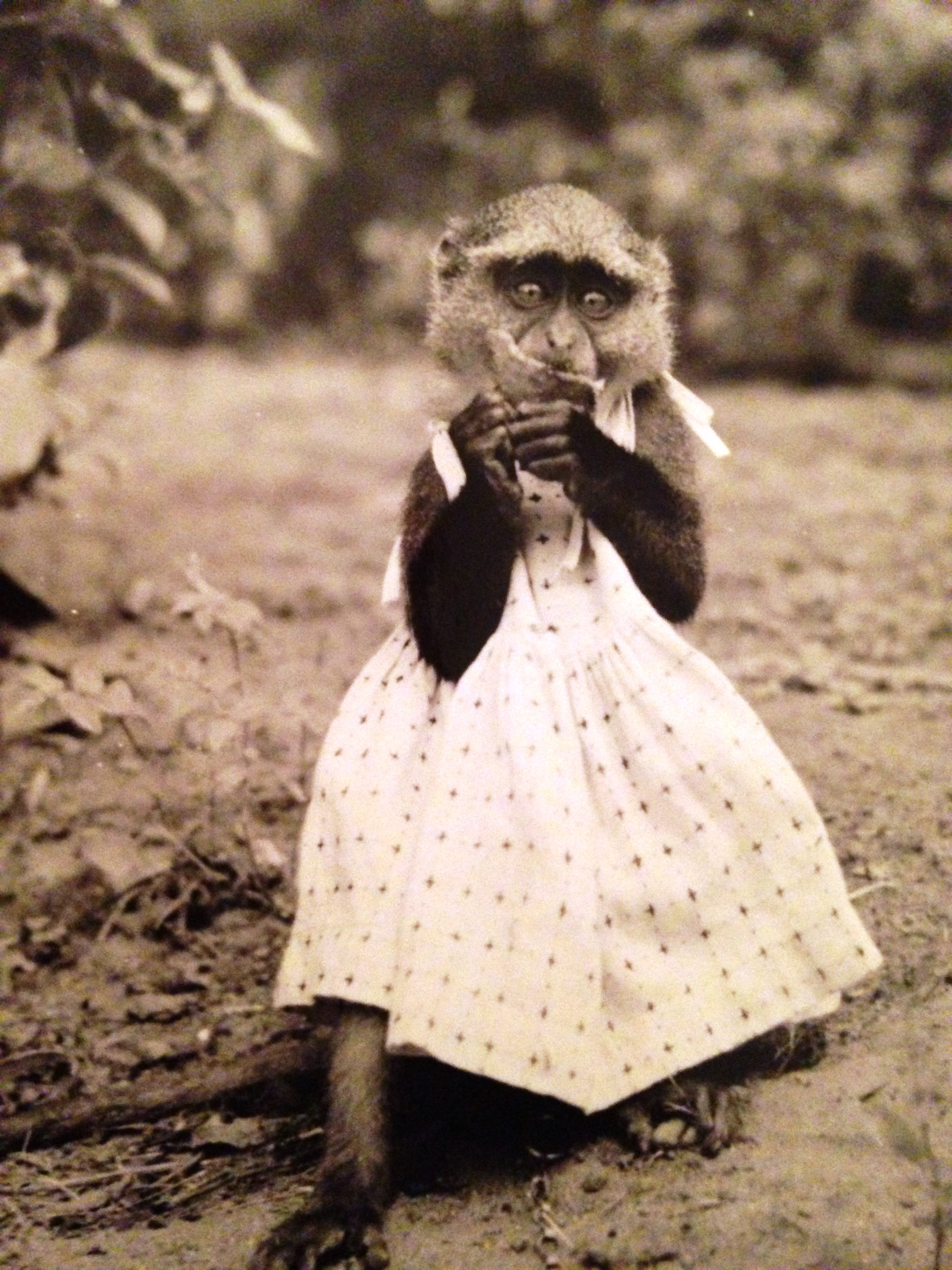 His love of animals led him to a career with the Kenya Wildlife Department as a Wildlife Warden and eventually Chief Biologist and Deputy Director. He worked closely with the esteemed paleoanthropologist and conservationist, Richard Leakey. He was also involved in the research committee of the Kenya National Council of Science & Technology and was the co-manager of the UNDP/FAO Kenya Wildlife Management Project. He was proud of his work in the development of the Mamba Village in Mombasa. Mulji also provided several specimens for the Nairobi Snake Park, Nairobi Animal Orphanage and the National Museum of Kenya. He defied death numerous times while working in this field, being chased by elephants and rhinos, having his hand mauled by a lion and being bit by snakes and scorpions.
His love of animals led him to a career with the Kenya Wildlife Department as a Wildlife Warden and eventually Chief Biologist and Deputy Director. He worked closely with the esteemed paleoanthropologist and conservationist, Richard Leakey. He was also involved in the research committee of the Kenya National Council of Science & Technology and was the co-manager of the UNDP/FAO Kenya Wildlife Management Project. He was proud of his work in the development of the Mamba Village in Mombasa. Mulji also provided several specimens for the Nairobi Snake Park, Nairobi Animal Orphanage and the National Museum of Kenya. He defied death numerous times while working in this field, being chased by elephants and rhinos, having his hand mauled by a lion and being bit by snakes and scorpions.
Some of these episodes could have been avoided had he been more careful and less crazy! Many of his family members and friends have shared numerous frightening yet exhilarating experiences in the various parks of Kenya. He was quite accident-prone and survived numerous motor vehicle accidents, an airplane crash, and a motorcycle collision. During the latter, he incurred a head injury and developed amnesia for a significant period of time! Despite all these mishaps, he was very tough and quickly recovered from his injuries. He climbed Mount Kilimanjaro and Mount Kenya as well as the Ruwenzori Mountains of Uganda and several other peaks along the Great Rift Valley. He also joined the Kenya Army Reserves and was proud to have attained the rank of Lieutenant Colonel.
In 1970, after marrying his wife, Kusum, he lived in Maasai Mara Game Reserve. The couple collected data about the world famous wildebeest migrations in the Mara-Serengeti plains and also researched baboons. Mulji also published articles about various birds during this time. Their son grew up among lions, elephants and monkeys for the first 5 years of his life! He instilled a love and respect for all forms of natural history in his two children and would take them with him exploring and documenting the far corners of Kenya, looking for waterfalls, caves, hot springs, lakes, craters, canyons, as well as rare animals and plants. Some of his discoveries eventually led to the development of national parks and reserves across the nation.
He was a very good father, ever present and doting, and instilled good morals and values in his children. He would also treat everyone with equal respect, be it ministers and celebrities or simple villagers and would insist that his family do the same. He had a reputation for being very honest and would never accept any special favours or bribes while working for the Government of Kenya. He was also known for speaking his mind and not sugarcoating his views, earning his superiors’ respect. Having grown up in British East Africa and its regime of apartheid, he was extremely happy when Kenya achieved independence. He was a strong supporter of civil rights and freedoms and tried to ensure that any policies he was involved in making at the Wildlife Department did not take advantage of indigenous people. He felt that the pursuit for tourism dollars could easily be at the expense of poor people and did all he could to prevent that. In addition, he knew that the zeal to conserve and protect species in certain areas could overshadow human rights and so tried to strive for a balance between allowing the local inhabitants to exploit these species but also protect them.
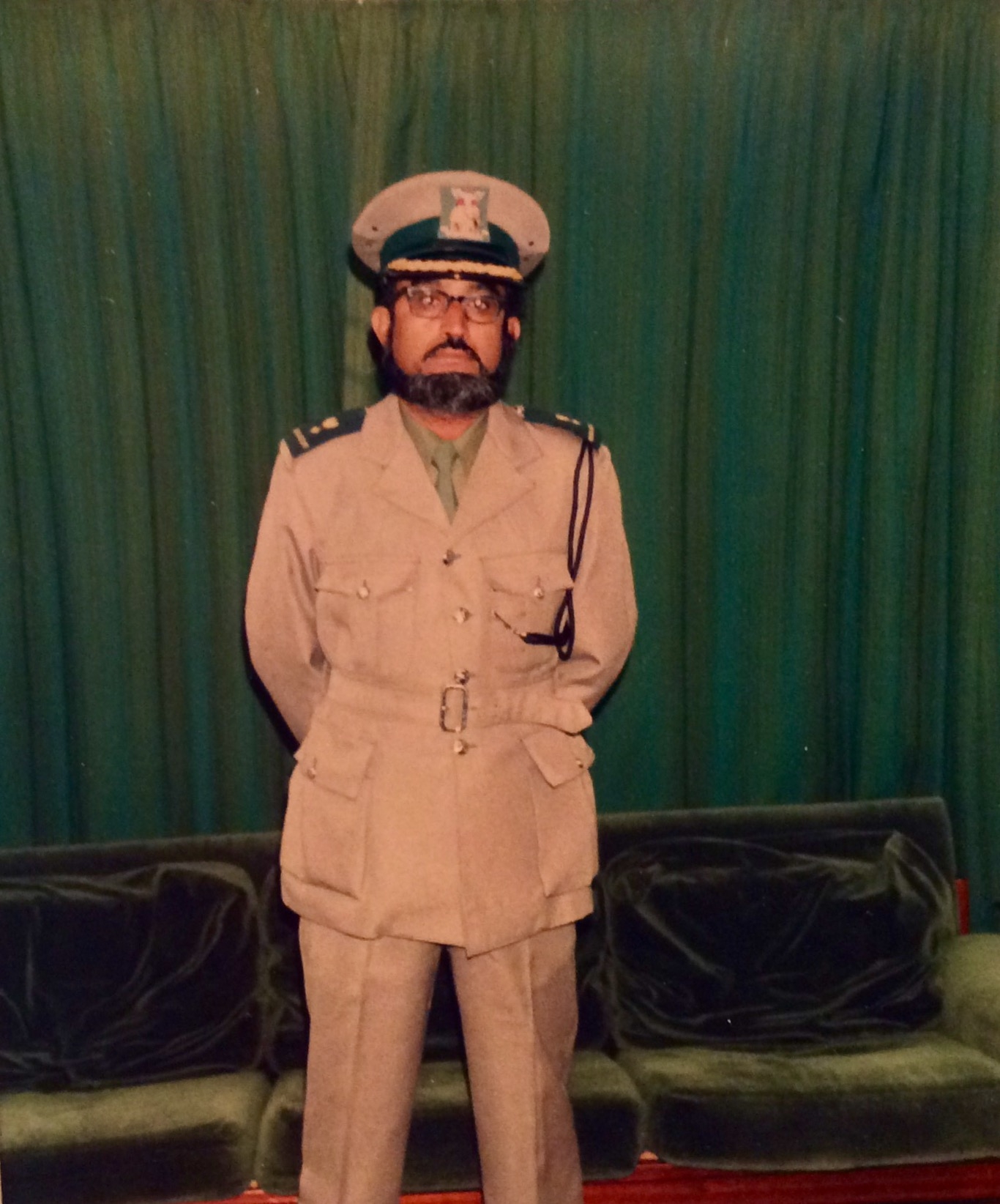
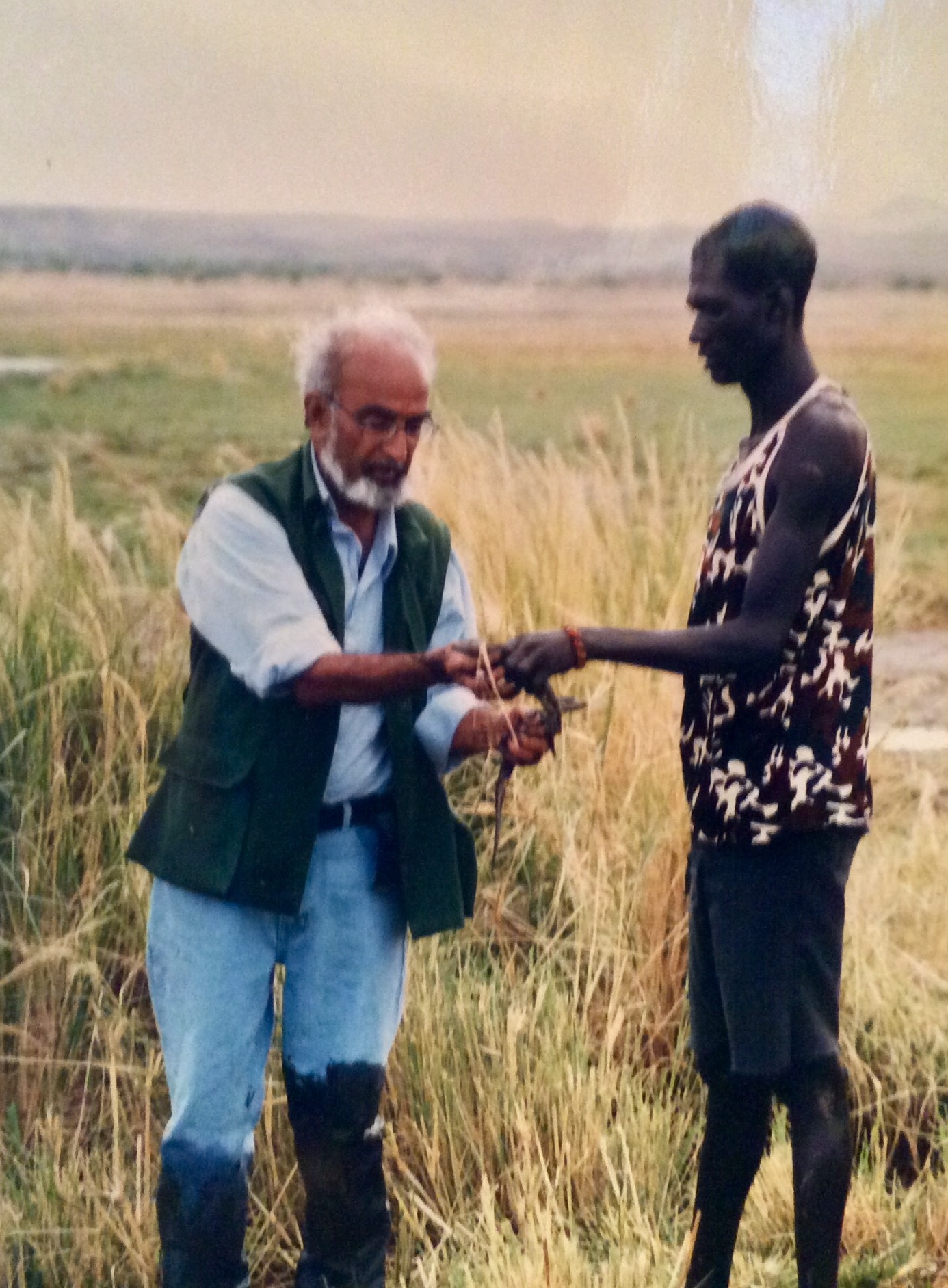
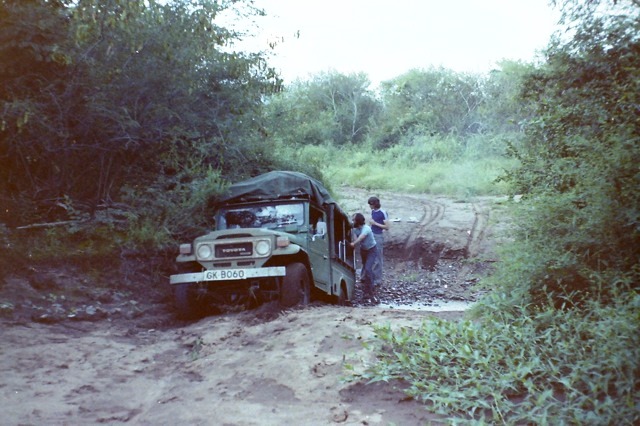
After a very fulfilling career in Kenya, Mulji opted for early retirement and immigrated to Canada in 1989 to be close to family and also to enable his children to pursue higher education there. He joined his 3 brothers as well as his wife’s family who had all fled Uganda as refugees in 1972, during the reign of Idi Amin.
Unfortunately, he was unable to find a job in his field and so ended up doing a variety of other occupations over the next few years. He always missed his beloved Kenya and had a very hard time adapting to life in Canada. It was difficult to adjust to the different culture, weather, and lifestyle. He also returned to Kenya but could not continue to stay there because he missed his wife and children.
In 2003, he was very excited to get an opportunity to have some of his work publicized on television where he was featured in a documentary entitled “Crocophiles”. He acted as a wildlife expert/ecologist/naturalist/consultant in this fascinating documentary produced by Force Four Productions of Canada (https://www.telefilm.ca/en/catalogues/production/crocophiles). The film followed Mulji to Cuba (Zapata Swamp), Australia (Darwin), and back to Lake Turkana documenting his examination of the local crocodile populations and his interactions with other crocodile researchers.
Besides having a vast knowledge about animals and plants, Mulji was a voracious reader and was well informed about world history, geography and politics. He was very knowledgeable about different religions, cultures and languages and developed an interest in the evolution and history of language. He was an avid photographer and traveller and had been to numerous African and European countries as well as India, Australia, Brazil, the Caribbean and Central America and had explored both the United States and Canada from coast-to-coast. He could converse about an infinite number of subjects and would always find something in common when meeting a stranger. He was very friendly and also curious and always keen to learn something new.
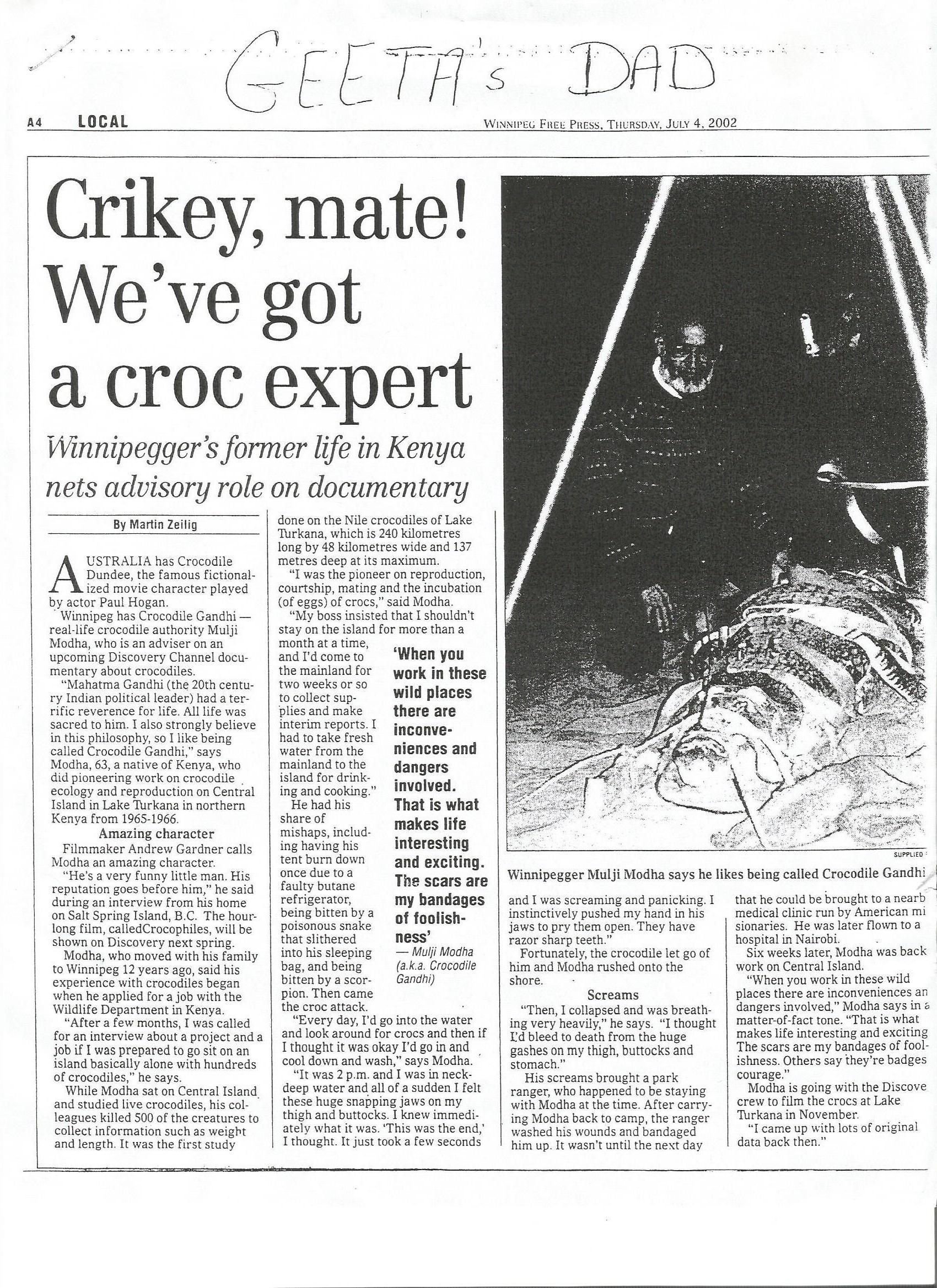
Mulji was an extraordinary East African Gujarati with an exuberant personality, witty sense of humour and inherent kindness who will be sadly missed and fondly remembered by all those who knew him. He died from complications related to cancer and Parkinson’s disease. He leaves behind his wife of 46 years, Kusum, and children, Ashok and Geetanjalee, as well as 3 grandchildren and many other family members. To have his love and deeds inspire others to passionate action and appreciation for wildlife preservation would be a fitting legacy for such a man.
Indra Trivedi resides in Canada and occasionally writes his personal stories to Africana-Orientalia (AO) and local magazines and is a collector and consultant of art and antiques.
courtesy : "The AWAAZ", volume 13, Issue 1, 2016; pages – 19-22
![]()


